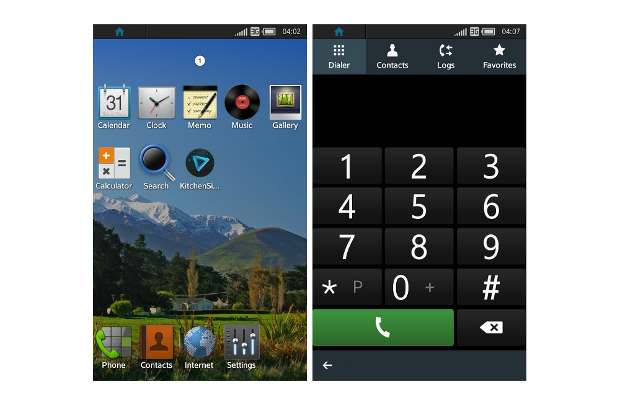The first version of the Tizen mobile operating system has been launched by the Linux Foundation. The new open source mobile operating system has been designed to support a variety of devices such as smartphones, tablets, smart TVs, netbooks, and in-vehicle infotainment devices.
Though the first device to be launched on this OS is still not known, given that the project is moving at fast pace, it is expected that some major announcement in this regard may be announced at the Developer conference which will be held between 7th to 9th May in the USA.
The project is hosted by the Linux Foundation while its development was LED by a technical steering team from Intel and Samsung. Tizen will build upon technologies developed as part of the MeeGo and LiMo (Linux Mobile) projects.
###PAGE###
There are several reasons to believe that this operating system will taste success as it has backing of Samsung, Intel as well as Linux Foundation.
It is expected that Samsung which already has a smartphone operating system called Bada will use its know-how to further improve Tizen. Intel too has a lot of experience with MeeGo, an OS that techies used to love.
Another reason that can act as a catalyst to the adoption of Tizen is that the Linux Foundation has a fairly large number of members such as Fujitsu, Panasonic, NEC, ARM, Access, Casio, NTT Docomo, SK Telecom, Telefonica, Vodafone and a host of others.
###PAGE###
The Tizen application programming interfaces are based on HTML5 and other universal web standards, which mean compatibility, will not be an issue.
Intel has also committed its support to Tizen with its Intel AppUp developer program and a developer framework based on HTML5 and WAC standards. In simple terms it means that by the time Tizen OS makes its first appearance, it will have a good stack of apps and HTML5 and Web Standards support means that this OS will be very suitable for cloud based services like those of Amazon, Google cloud service (Google Drive), Windows Sky Drive and iCloud.


